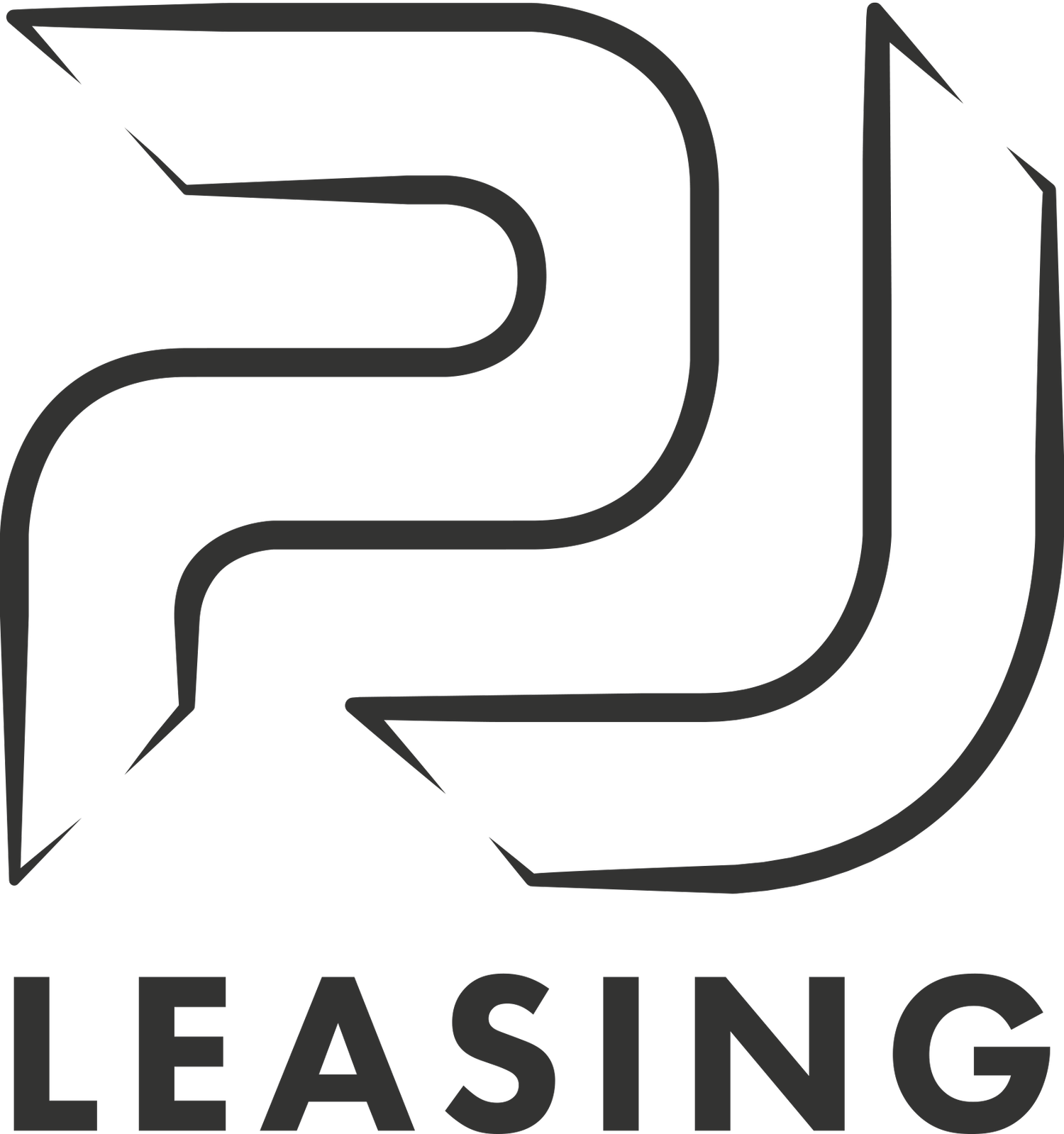Contract Hire Leasing — What You Need to Know
Leasing has opened an affordable route for buyers to enter the new car market. While leasing has been initially aimed at VAT-registered businesses, it is now a popular option for private individuals as well, thanks to Personal Contract Hire (PCH) deals.
Contract Hire Explained
In a nutshell, contract hire lets you fix many of your motoring costs, which is why it is cheaper and simpler than buying a car. You decide which car you want and agree on a rental term. Then, you pay an initial down payment followed by monthly payments for the duration of the lease.
What makes it so tempting is you won’t have to worry about depreciation or finding the money to finance the car at the end of the term – because car ownership is not an option for contract hire deals. When your term ends, you must turn in the car. Although, there’s always the option to lease a brand-new car again when your lease expires.
If all that sounds great to you, contract hire leasing could be the perfect way to get your hands on a new car. But before you jump right in, here are some important things you need to know:
Upfront Cost and Monthly Payments
Monthly payments on a contract hire deal generally take care of depreciation and rental costs. These are typically lower than those for a Personal Contract Purchase (PCP) deal. However, you’ll often have to pay a deposit worth three monthly rentals upon signing the lease. Low monthly payments often mean you will pay a higher down payment.
Residual Value
Residual value is the estimated worth of the car once the term ends taking into account depreciation, mileage and end-of-lease condition.
You’ll hear this term often thrown around when discussing lease agreements. Well, that’s because your monthly payments are computed based on the difference between the car’s retail price and its residual value. The higher the residual value, the smaller the difference and, consequently, the lower your payments will be.
Luxury cars tend to lose less money on average, so a contract hire makes more sense for these premium models. That is, you get more car for incredibly less money.
Lease Terms
Most contract hire agreements run from two to three years. It’s possible to lease cars longer than three years but you could end up paying extra money in maintenance.
The warranty period for cars averages three years, after which the driver will have to finance all costs for repairs and parts replacement. Nevertheless, it’s also possible to get an extended warranty if the consumer wishes to be in the same car for a longer period of time.
Mileage Limit
Lease contracts commonly have a driving maximum of 10,000 to 15,000 miles per year. Each mile beyond those limits could be charged an additional fee at the end of the lease. Your mileage cap affects your monthly payments, i.e. the lower the limit the smaller your tab.
However, it’s very easy to underestimate the miles you’ve driven. If you drive more miles than the agreement allows, you could end up paying more in penalties than you would paying for a higher limit in the first place. To avoid this, you should consider your driving habits before getting into a contract hire agreement.
Gap Insurance
Getting car insurance is a no-brainer. But there is a special kind of insurance for PCH you might want to consider: gap insurance. If the car gets stolen or wrecked in the first few months of the contract hire, the gap insurance will pay out the shortfall between the car’s value before the accident and the amount you still owe the leasing company.
Without it, there’s little chance of getting a refund for the money you paid up-front.
Car Maintenance
Typically, personal contract hire leasing requires the lessee to have the car properly maintained and serviced according to the manufacturer’s schedule.
It’s understandable for cars to have scratches and bumps during the lease term, and these damages are considered normal by the British Vehicle Rental and Leasing Association’s (BVRLA) Fair Wear and Tear Policy. However, considerable damage to the car’s interior and exterior, such as major dents or deep scratches, will incur a penalty.
The company will assess the value to the damage, which will be normally quoted at “full market price.” Otherwise, the customer may have it fixed from his own pocket before handing the vehicle back.
Here at PJ Leasing, we include servicing and maintenance into the package. This way we save our customers the inconvenience of sourcing multiple suppliers whilst keeping their costs predictable.
